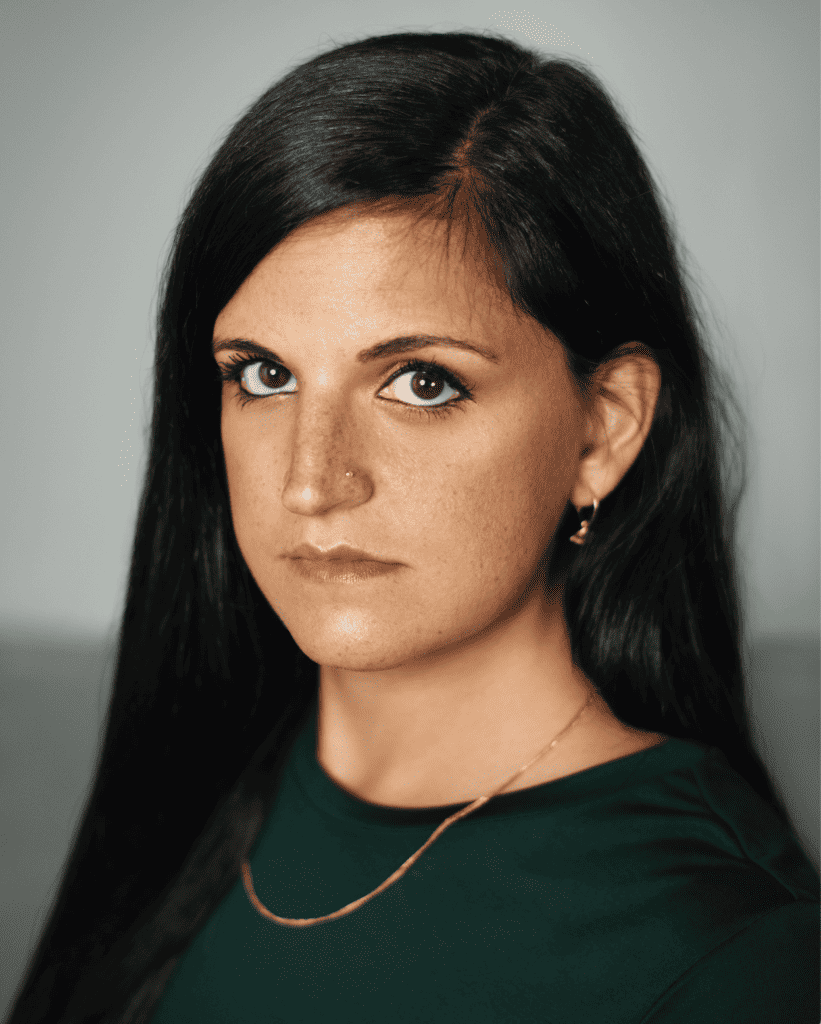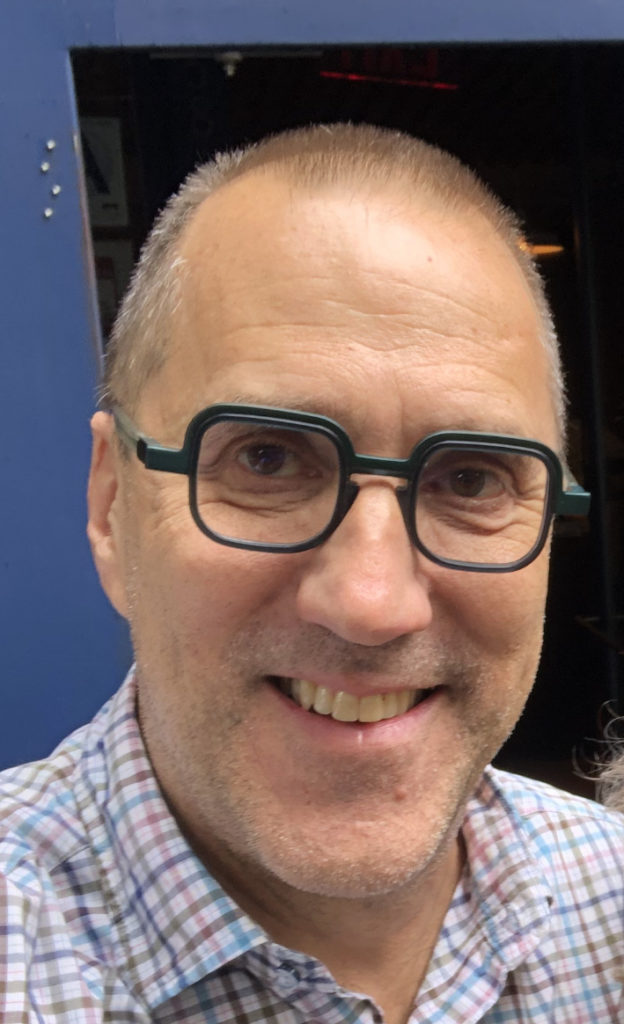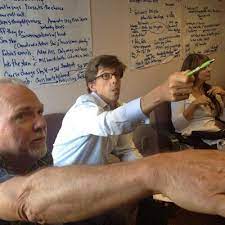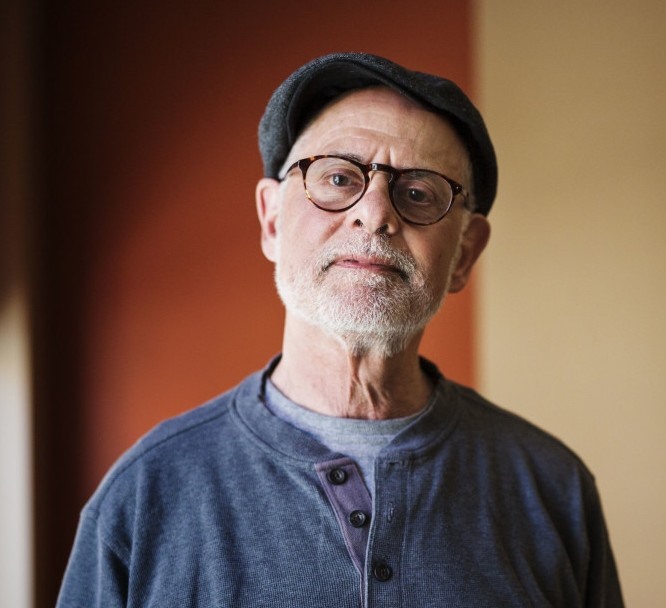Linda Rief says whatever she knows about writing and reading she learned from
her students. She left the classroom in June of 2019 after 40 years of
teaching Language Arts, mostly with eighth graders. She misses their energy
and their apathy, their curiosity and their complacency, their confidence and
their insecurities, but mostly she misses their passionate, powerful voices as
readers and writers.
She is an instructor in the University of New Hampshire’s Summer
Literacy Institute and a national and international presenter on issues of
adolescent literacy. She is the author of Whispering in the Wind, The
Quickwrite Handbook, ReadWriteTeach, Inside the Writer’s-Reader’s
Notebook, and Seeking Diversity; she is co-editor of several books, including
Adolescent Literacy (Beers, Probst, and Rief).
What is the most important lesson you’ve learned as a writer?
I faked my way through any reading required in high school (to a
friend in the hallway on the way to class: “So briefly- and quickly– tell me
what this book was about.”) or used Cliff Notes, as I never considered
myself smart enough to unravel what the teacher knew the novelist or the
poet or the essayist was meaning for the chapter essays and quizzes we
inevitably were given.
I never understood how I was hired to teach Language Arts in our
middle school. I am forever grateful that I was hired, even though it
surprised me that no one asked what I was reading or writing at the time. I
wasn’t doing either. Until Corbe, one of my eighth graders asked me: “Have
you seen The Crucible?” When I said no she asked: “Have you read the
play?” When I said no she asked: “Who hired you?” I have been
reading—and writing– ever since.
The most important lesson I’ve learned as a writer, and teacher of
writing, I must be what I teach—both reader and writer. For me, and for the
students.
Read as a thoughtful human being. I read to enter other worlds, other
lives, other stories. I read for all the experiences that writing brings to mind
for me. Where does that writing take me? Where does that writing surprise
me? Disrupt me? What do I think and feel and learn and wonder as I enter
that story, that essay, that poem?
And I read like a writer. How does this writer engage me? How does
this writer keep me reading? Whether it’s poetry or a novel or an
informational piece, I pay attention to the craft moves made by the writer.
How’d she keep me reading, how’d she craft a lead, an ending, build a
character, move through time and place, foreshadow what was coming, use
point of view, connect the happenings and her big ideas? I read with pen or
sticky notes in hand.
When I asked my students at the end of each year, what helped you
the most to grow as readers and writers, they often said, “You read with us
and you wrote with us.” Doing what I asked the students to do, most
certainly helped me grow as a reader and writer also.
What has been the biggest surprise of your writing life?
The biggest surprise ever was being awarded one of two national
fellowships in 1988 from The John F. Kennedy Center for the Performing Arts
as a writer. I spent a month at the Kennedy Center in Washington, DC
focused on the Vietnam Veterans’ Memorial designed by Maya Lin. I spent
days at this memorial wall. I interviewed veterans, watched documentaries,
wrote under the mentorship of poet Roland Flint, was given voice lessons,
and read my writing in performance at the Kennedy Center, later broadcast
on NPR.
That I actually had something to say as a writer, that somebody else
might find value in and want to hear, stunned me. It gave me the
confidence to write my first book Seeking Diversity (based on Don
Murray’s belief “We should be seeking diversity, not proficient
mediocrity,” in a talk he once gave about standardized testing and
teaching) and to constantly try to find audiences beyond the classroom
for my students.
If you had to use a metaphor to describe yourself as a writer, what
would it be?
I am a perfectionist. I vacuum. I stack towels with the folds all on one
side. I have been known to drag our vacuum cleaner outside to touch up the
concrete driveway, or suck up cobwebs from the barn. A friend believes I
lean ladders against trees in our yard to clean out the birds’ nests. My
colleagues once gave me a level to use when hanging kids’ work on the walls
in our halls.
I have to get over that as a writer. I have learned from Tom Romano
and Walt Whitman to “trust the gush” because writing is messy. I have to
trust that in the mess of words and sketches that wander all over the pages
of my notebook I will find the surprises of ideas and wording that haven’t
been sucked up with the dog hairs, cookie crumbs, spider webs, and broken
shells of hatched baby birds.
As a writer I work hard at relishing the messiness.
What’s the best piece of writing advice anyone ever gave you?
I don’t think Don Murray ever said to me “You must keep a daybook,”
but the simple act of seeing him with his daybook, wherever he was,
whenever it was, was the only advice I needed about being ready to jot
things down in a place that captures what we notice, think, feel at the
moment. Checkbook stubs and receipts don’t work well. I needed a place, a
notebook, to capture those moments that vanish if not snatched and written
down. I can trace almost all of the writing for any articles, chapters or books
that I’ve written back to those notebooks. On August 6, 1986 I wrote
“Inspired by Don Murray’s Daybook, I begin my first Writer’s-Reader’s
Notebook.”
Staring out the window. Staring into space, wondering what to write
about gets me nowhere. Writing comes from writing. I have to put words on
paper daily– a place I can go back to– to see what I want to say.





